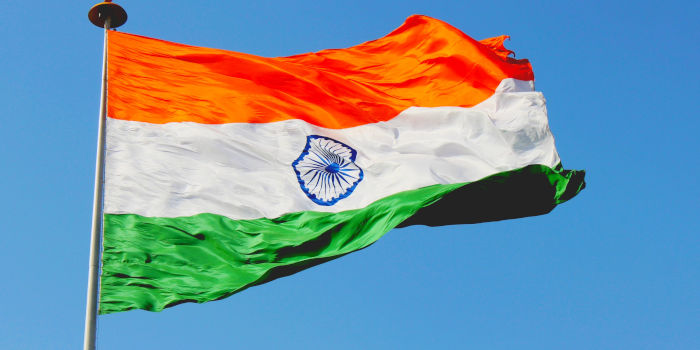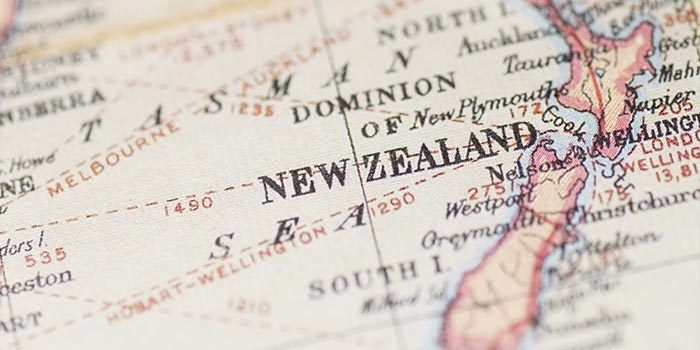- Casino
- By State
- Alabama
- Alaska
- Arizona
- Arkansas
- California
- Colorado
- Connecticut
- Delaware
- Georgia
- Florida
- Hawaii
- Idaho
- Illinois
- Indiana
- Iowa
- Kansas
- Kentucky
- Louisiana
- Maine
- Massachusetts
- Maryland
- Michigan
- Minnesota
- Mississippi
- Missouri
- Montana
- Nebraska
- Nevada
- New Hampshire
- New Jersey
- New Mexico
- New York
- North Carolina
- North Dakota
- Ohio
- Oklahoma
- Oregon
- Pennsylvania
- Rhode Island
- South Carolina
- South Dakota
- Tennessee
- Texas
- Utah
- Vermont
- Virginia
- Washington
- West Virginia
- Wisconsin
- Wyoming
- By State
- Slots
- Poker
- Sports
- Esports
Legal Obstacles May Impact the Growth of India’s Gaming Sector
In a recent interview, an expert highlighted different challenges the gambling industry in the country may face on its way to expansion

India, the country with the highest population and fifth-largest economy on the globe, can benefit significantly from legalized gambling. The worldwide availability of smartphones and easy access to the internet grants millions of users access to online gambling activities and Indians are not an exception. While the country doesn’t prohibit online betting, only a couple of states currently have established their own legal betting markets.
As a result, residents in Sikkim, Goa and Daman can access legalized iGaming activities. Still, this doesn’t mean that access to online gambling is prohibited in other states. Many global iGaming operators have identified the potential of the online gambling sector in the country and they target Indian players, something that is not unexpected considering that there is no law that prohibits iGaming.
Besides online gambling, India offers retail casino gambling. However, unlike iGaming, casino gambling is available only in Sikkim Goa and Daman. Residents and visitors to the handful of states that offer casino gambling can visit a cruise ship and enjoy different casino games.
Despite the exponential potential of the gambling sector in India, there are uncertainties that may impact its growth, a new report reveals. Sudhir Kalé, a gaming consultant, expert and founder of Gameplan Consultants, who was recently interviewed by AGB, spoke about the potential of the gambling industry in the country. He predicted that while India currently does not allow foreign casino operators, this may change “sooner or later.”
The Sector Faces Regulatory Challenges
Despite the potential of the sector, the expert acknowledged that the gambling industry’s growth in the country may face challenges, specifically related to regulation. Last year, India announced a gambling tax increase that industry observers said may shake the sector in the country.
At the time, the country implemented changes to the Goods and Services Tax (GST), effectively increasing the tax for gambling activities, including betting, casinos and online gambling from 18% to 28%. This drastic change impacted fantasy sports as well as other gaming activities with the tax applied on the total amount wagered by the players, rather than the gross gaming revenue. Industry stakeholders and experts at the time noted that this change may significantly harm the gambling sector.
According to Kalé, a major challenge for the industry in the country would be the missing online gambling legislation. He said that regulatory uncertainties may ultimately impact the market. Kalé spoke about the popularity of betting on sports and cricket in particular, saying that the market for the sport is likely in billions of dollars on an annual basis.
Related Topics:
Jerome brings a wealth of journalistic experience within the iGaming sector. His interest in the industry began after graduating from college, where he regularly participated in local poker tournaments. This exposure led him to the growing popularity of online poker and casino rooms. Jerome now channels all the knowledge he's accrued to fuel his passion for journalism, providing our team with the latest scoops online.
Must Read
More Articles





Sports
July 15, 2025
Undercover Spotters Catch Wimbledon Betting Spies

Industry
July 15, 2025
UK Considers Gambling Tax Hike to Fill Budget Gap

Casino
July 15, 2025
Uno Is Coming for Casinos in the United States

Industry
July 14, 2025
GambleAware Launches Milestone Self-Awareness App













